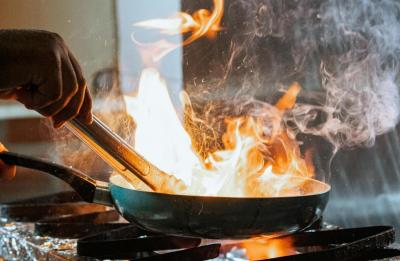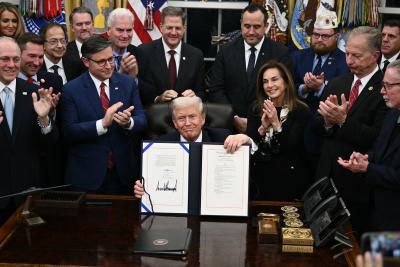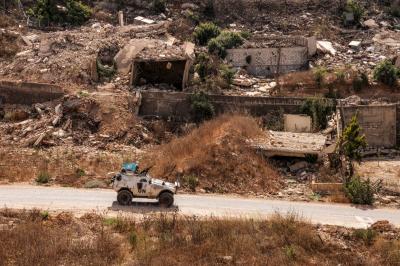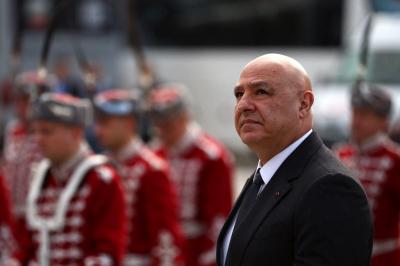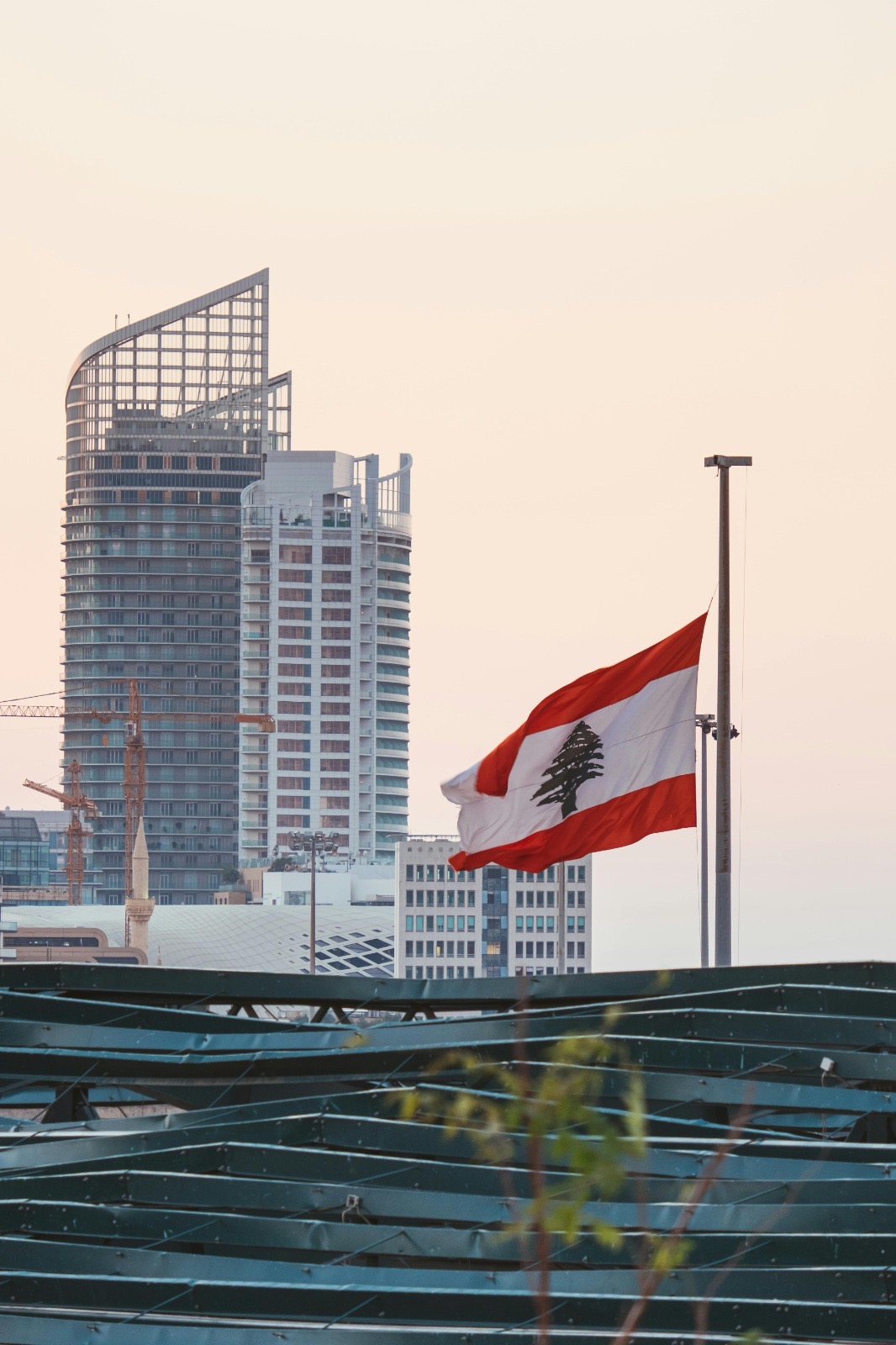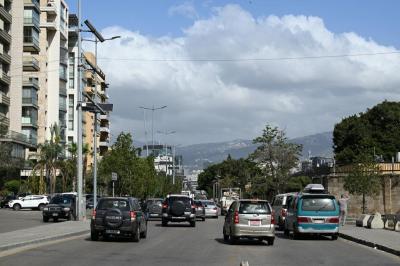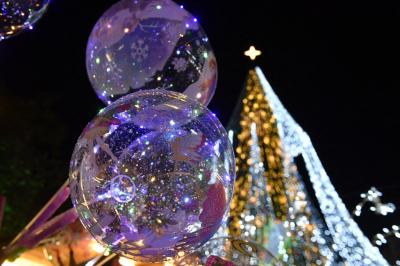When Crisis Becomes a Catalyst for Creativity
In Lebanon, crises follow one another relentlessly, yet resilience remains the defining trait of a people who refuse to give in.
Amid a collapsing economy, a devalued currency, and unaffordable imports, a spontaneous movement has taken root: « Buy Lebanese. »
No longer just a patriotic slogan, it has become a philosophy of life.
In markets, pharmacies, cafés, and across social media, consumers are rediscovering with pride local brands long overshadowed by international giants.
Could it be that, despite everything, the crisis has awakened a new sense of consumption ?
From Necessity to Conviction
Since 2019, the steep fall of the Lebanese pound has upended purchasing habits. Imported goods, often priced in dollars, have become out of reach for most citizens.
In this new reality, local brands have emerged as an obvious alternative.
According to a 2024 Ipsos study, 72% of Lebanese now prioritize local products, and 65% believe they better reflect their values and identity.
Figures that reveal a collective awakening born out of constraint but sustained by pride.
Food: The Cornerstone of the Local Revival
On supermarket shelves and souk stalls, local produce is reclaiming its place.
Brands such as The Good Thymes, Mymoune, and L’Atelier du Miel blend tradition with modernity, offering high-quality artisanal goods, carefully packaged and sold through local platforms.
Olive oil from the South, za’atar from the Bekaa, and homemade jams now rival imported products.
Behind every jar or bottle lies a story of family, heritage, and perseverance.
Beauty and Wellness, Made in Lebanon
Another sector on the rise is natural cosmetics.
With brands like Beesline, Lebanon is establishing itself as a regional hub for ethical and eco-conscious skincare.
Inspired by Mediterranean nature, these products infused with honey, olive oil, herbs, and local aromas appeal to a young, connected generation that values sustainability.
Pharmacies and beauty stores now proudly display the label « Proudly Made in Lebanon, » a symbol of a responsible and enduring cosmetic renaissance.
Fashion as a Statement of Identity
Lebanon’s fashion scene is equally vibrant.
Designers like Sarah’s Bag, Vanina, and Bokja transform chaos into inspiration.
Their handcrafted collections, showcased from Paris to Dubai, tell the story of a country that resists through beauty.
These brands combine craftsmanship, recycling, and women’s empowerment, proving that « Made in Lebanon » can mean both luxury and social awareness.
Each bag, each piece of jewelry becomes a declaration: to buy Lebanese is to wear Lebanon.
Real Challenges Remain
The path, however, is far from smooth.
Local entrepreneurs face daily power outages, rampant inflation, and a lack of government support.
Production costs soar, exports struggle, and regional competition is fierce.
Without appropriate economic policies, the « Buy Lebanese » movement still relies largely on solidarity and grassroots initiatives.
A New Culture of Consumption
What began as an economic response has grown into a cultural statement.
Buying Lebanese means claiming belonging, affirming identity, and supporting a community.
It is also a daily act of environmental awareness: fewer imports, shorter supply chains, and stronger human connections.
Young people especially those from the diaspora are the movement’s leading ambassadors.
On Instagram, hashtags like #BuyLebanese, #SupportLocal, and #ProudlyMadeInLebanon are multiplying.
Between photos of reimagined traditional dishes and looks from local designers, a new Lebanese aesthetic is emerging: proud, resilient, and unmistakably modern.
More Than a Choice — An Act of Resistance
In a country where everything feels uncertain, consuming local has become a quiet yet powerful act of resistance.
It is a refusal to surrender, a choice to rebuild, and a belief in a future driven by work, creativity, and solidarity.
« Made in Lebanon » is more than a label.
It is a symbol of collective hope, a reaffirmation of the value of local craftsmanship in an unpredictable world.
To buy Lebanese is to give meaning back to consumption, and to place the citizen once again at the heart of the economy.
Please post your comments on:
[email protected]
 Politics
Politics
